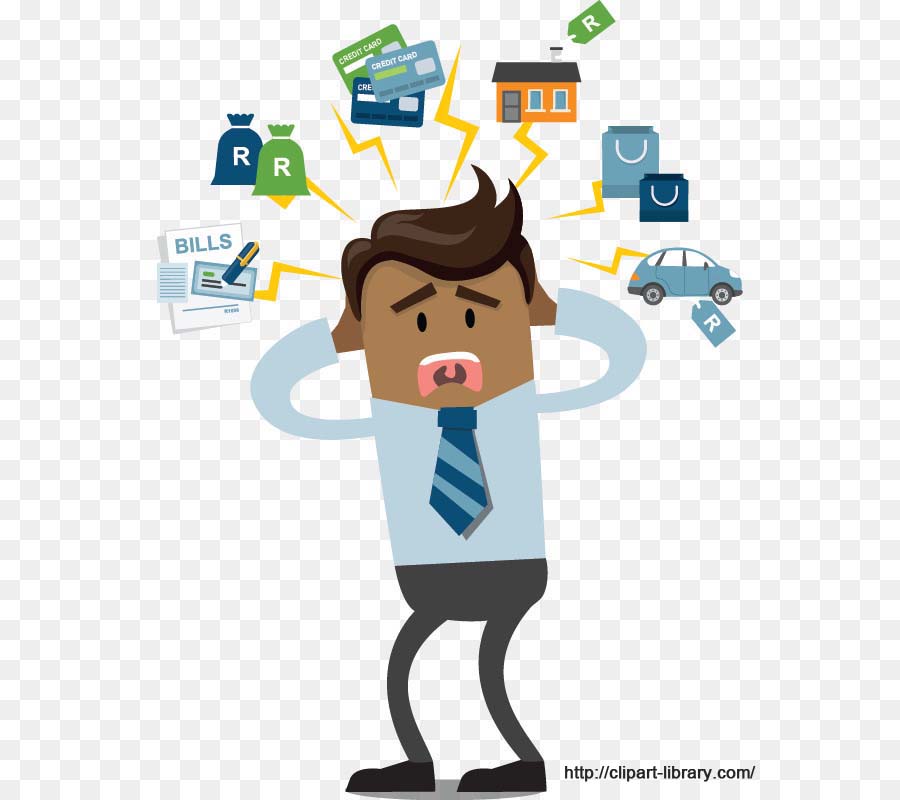The seesaw is a favorite in the playground.
On a seesaw, a child can use his own body weight to lift someone else heavier. Simply, the seesaw is a lever that gives its user the ability to use his own force to magnify the output.
The idea of leverage in personal finance is a double-edged sword: it enables a person with limited resources to acquire goods and services beyond his immediate capability. Leverage is a powerful tool to have. But it can also bury many people in debt.
The credit card, for one, offers a lot of leverage for those who have them. There are people who earn around P30,000 or so a month, but have credit limits of P100,000 or more.
For as long as a person shows the ability to pay back at a later date the money spent, financial institutions are willing to offer more credit than what a person earns. It is a calculated risk with great income potential for the creditor.
Creditors know that a majority of people are unable to pay off their credit card bills in full and on time, especially if clients exhaust the credit limits. Creditors expect credit card holders to pay by installment instead, and incur steep interest and late payment charges. Thus, those P3,000 sneakers can end up costing P4,000 or more after interest and other penalties are paid.
Credit card clients are told up front of these costs, yet it does not stop people from exhausting their credit limits, then spreading out the payments. The reason: purchasing power has deep subtle effects on human emotion.
The capacity to spend and buy gives a sense of power, pride and self-esteem. In a materialistic society, the ability to show off accumulated material goods is a point of pride for many. As well, people pay less attention to prices when paying by credit card than cash, according to Dr. Art Markman of psychologytoday online. This further adds to the debt load.
Unless the entire credit card balance is paid in full every month, the debt will pile up exponentially, until it soon becomes an onerous burden.
More money, debt
People who owe money often think they can get out of debt if only their incomes rise.
Arman Vengco Felipe, a financial advocate and a Filipino working in Dubai, went overseas, lured by a paycheck 10 times more than he was making. Yet he remains buried in debt after years of working abroad.
This situation is commonplace among Filipinos worldwide. It disproves the notion that an increase in income can solve debt problems. The real solution requires an attitude change.
Dave Ramsey, a popular American commentator who offers money advice, says money magnifies who we already are.
Someone who is accustomed to having debt problems may receive a big windfall, such as a bonus or inheritance. Yet, existing spending habits that led to money problems in the first place will only lead to more financial woes. On the other hand, a person who has prudently handled his personal finances all his life will save and invest this windfall. Increased spending and lifestyle changes – if any – will be incremental.

Financial future
Some people save up for long term goals, including a comfortable retirement. Others barely make ends meet, dependent on handouts from family and relatives to cover living expenses.
Ideally, financial advisers urge clients to have enough saved to cover six months’ living expense. It is a buffer against losing a job and paycheck.
If you do not have that much saved up, and are carrying a personal debt, you might need to start paying off that debt, build up your savings, and consider some sound investments.
This requires major changes in attitude toward personal financial management. But it is necessary in the long run.
Break with the past
Humans are creatures of habit, but it is never too late to break past spending habits and develop more prudent ones. It takes a decision and follow through.
A person must decide to do what it takes to become debt-free and prepare for a future with peace of mind. This decision is often caused by an emotional event such as losing one’s job or a medical emergency and its attendant costs.
If people are logical about debt, no one will be buried in it, says Randell Tiongson, a personal finance advocate.
Changing your financial trajectory is not based on mere good intentions. It is anchored on action that you consciously decide to take. Here are three steps to help turn your financial voyage around.
- Stop adding debt. Leave those credit cards at home and use cash for purchases. Having to hand over cold cash will help rein in a lot of impulse buys and scale back spending.
- Debt line-up. List all your debts from the smallest to largest amounts. Set aside enough money for dealing with daily needs. Then use the rest to pay off the smallest debt first while paying the minimum required for the others. Avoid the temptation to pay off first the one with the highest interest charge. Remember: debt accumulation is a behavioral problem and must be addressed as such. By paying off the smallest debt first, we are rewarded with visible proof of progress because one creditor has been completely paid off. This builds financial and emotional momentum to finish up with the next creditor. It may take time to pay off the creditor with the largest bill. This can lead to losing steam and motivation and a reversal to old habits.
- Go the extra mile. Sell unwanted stuff at home for extra funds. Things at home that are not used anymore may still carry value in the open market. Use them to get some funds to pay off your debt faster and de-clutter your home at the same time. Finally, to quote American entrepreneur and motivational speaker Emanuel James “Jim” Rohn, life, he says, “does not get better by chance, it gets better by change.” — First published in Tulay Fortnightly, Chinese-Filipino Digest 28, no. 1-2 (June 16-July 6, 2015): 10.
